11 GPTs for Law Practice Powered by AI for Free of 2026
AI GPTs for Law Practice are advanced artificial intelligence tools designed to assist with legal tasks and activities. By leveraging Generative Pre-trained Transformers (GPTs), these tools offer tailored solutions to the legal field, ranging from document review and generation to legal research and advice. They are capable of understanding and generating human-like text, making them invaluable for automating routine tasks, enhancing productivity, and providing insights into complex legal issues.
Top 10 GPTs for Law Practice are: Derecho Civil Español,RobotAbogAR,AbogAI | Derecho Penal,SachverhaltsskizzenSchreiber Recht v Prof. Richter,Preparador OAB 2ª Fase - Direito Administrativo,Peticionador Trabalhista,律法先锋-你的私人法律顾问,Desi Lawyer,Legalia - Civil en lo General,ZeCivil Delivery
Derecho Civil Español
AI-powered civil law assistant
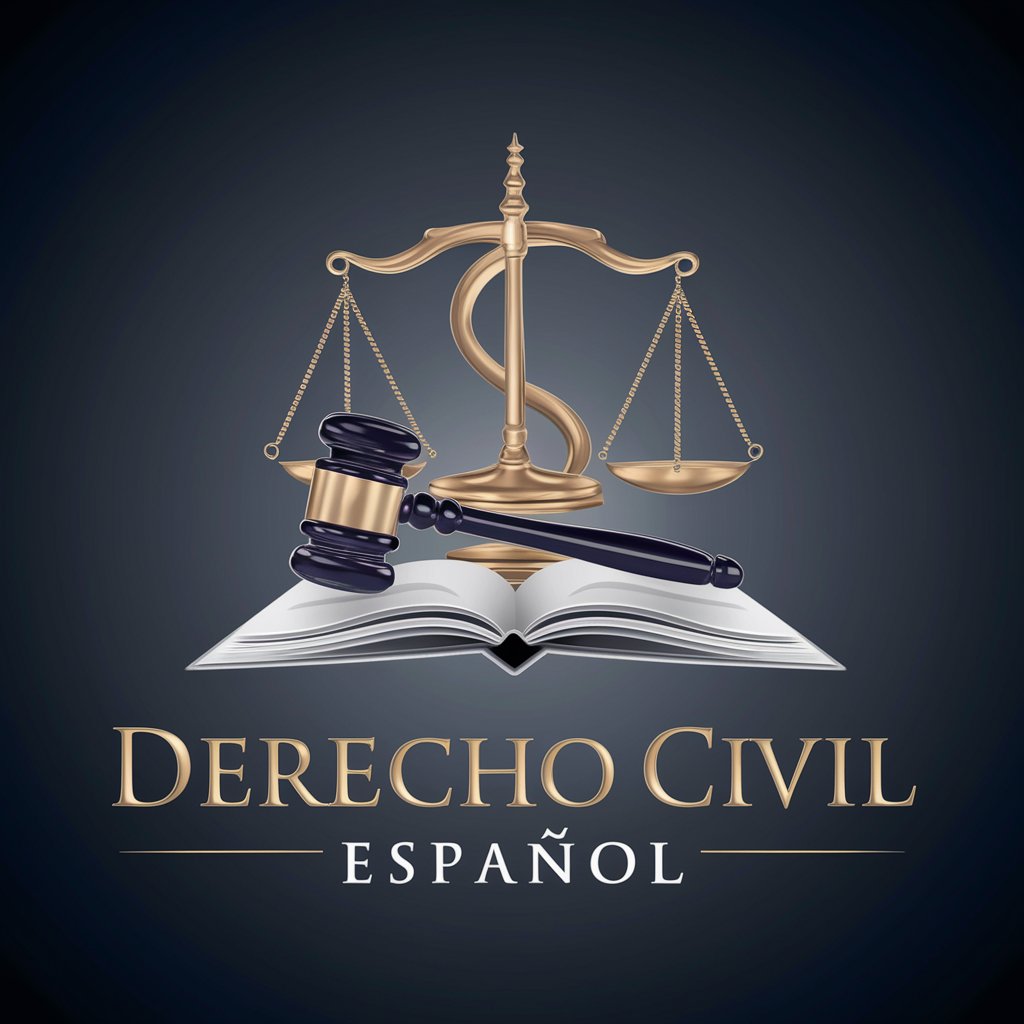
RobotAbogAR
AI-powered Argentine Legal Guide
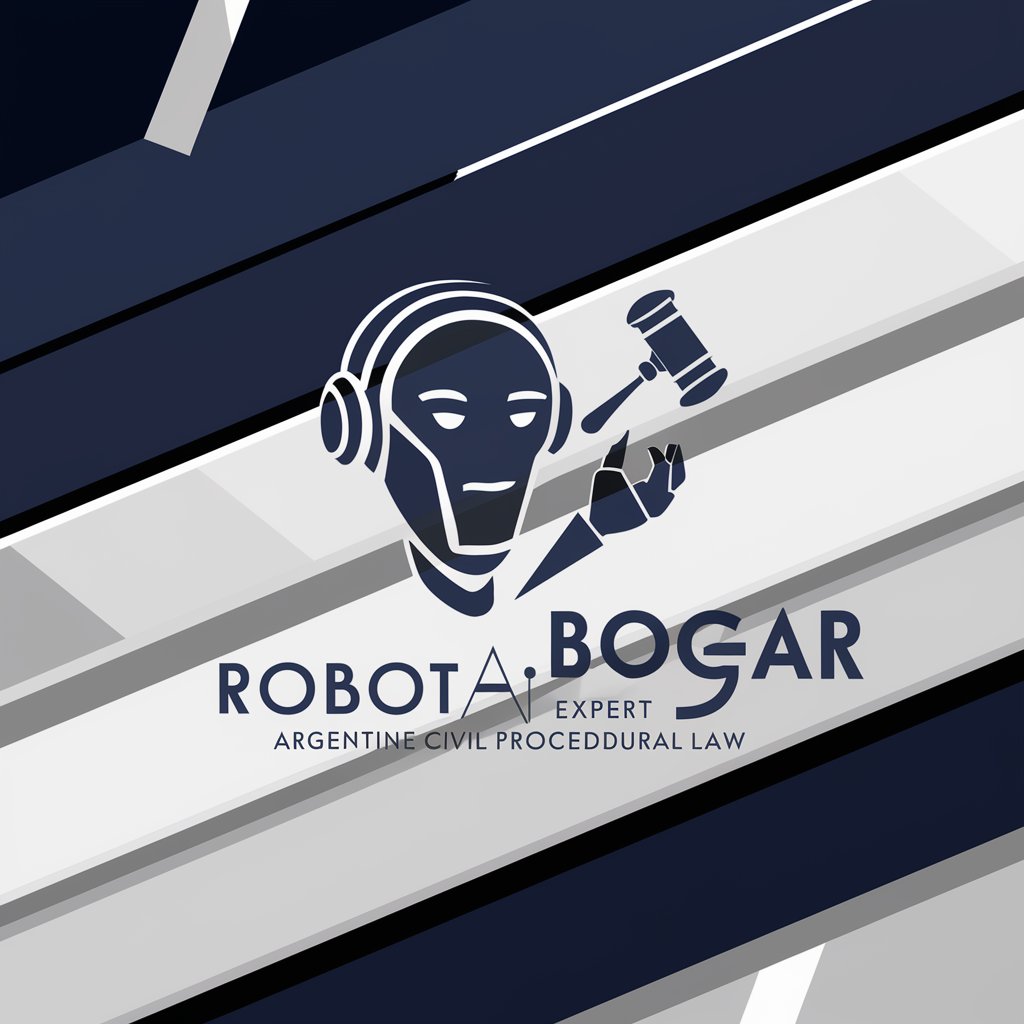
AbogAI | Derecho Penal
AI-powered insight into Spanish penal law
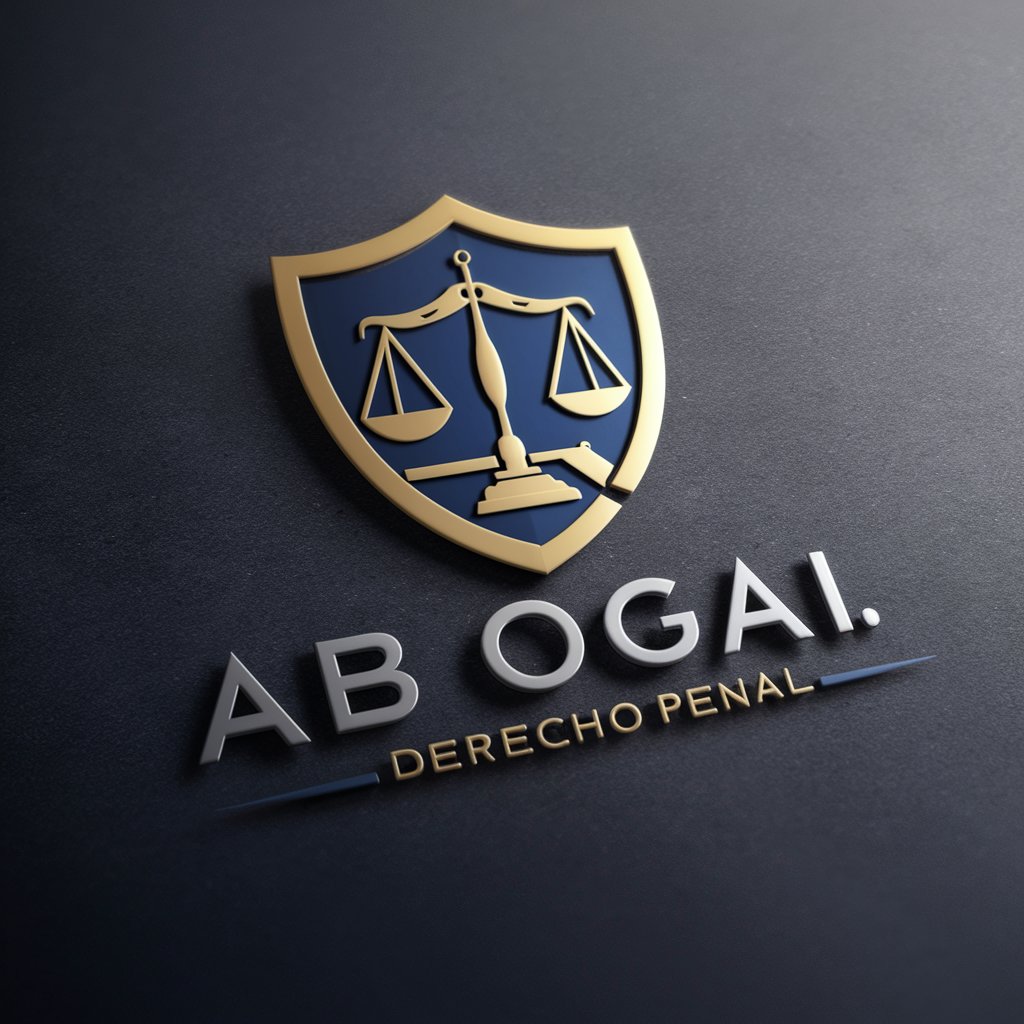
SachverhaltsskizzenSchreiber Recht v Prof. Richter
Craft Legal Sketches with AI
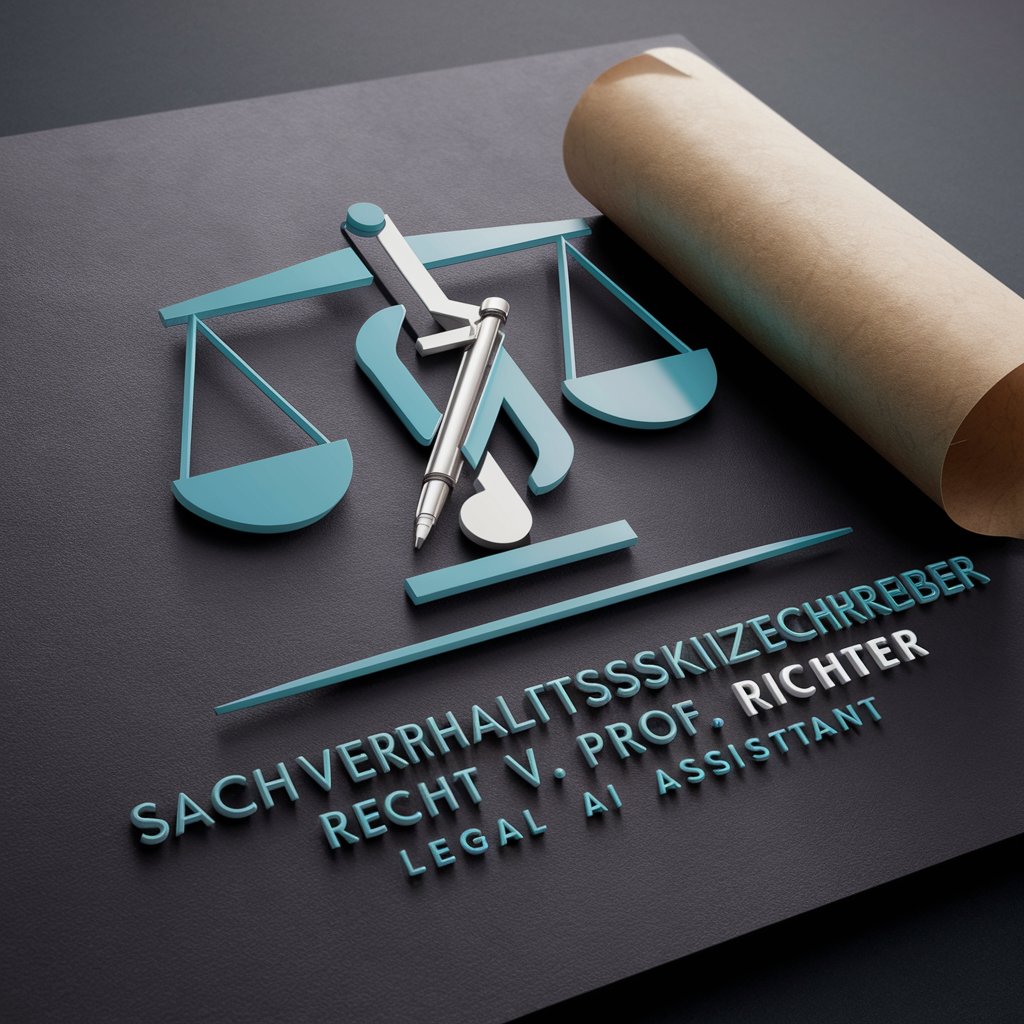
Preparador OAB 2ª Fase - Direito Administrativo
AI-Powered Legal Exam Mastery
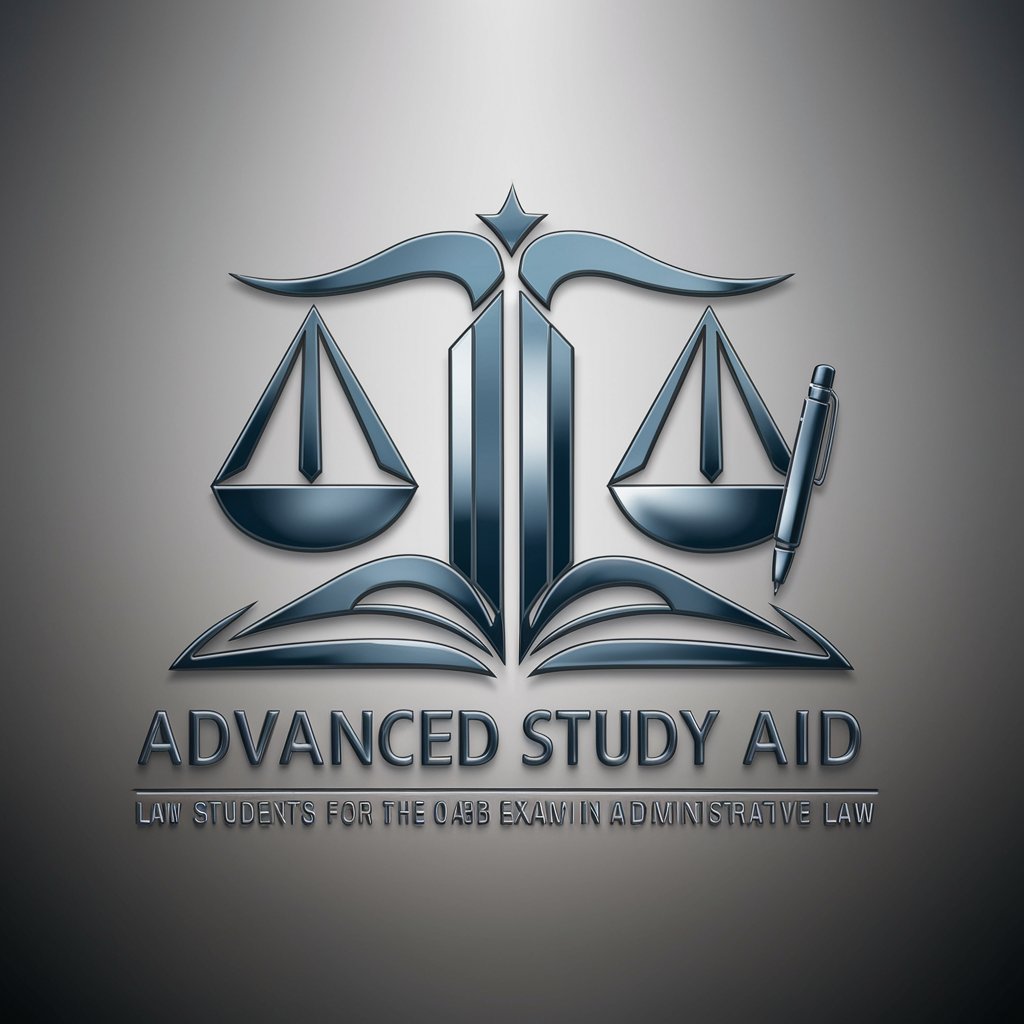
Peticionador Trabalhista
AI-powered labor law assistance

律法先锋-你的私人法律顾问
Navigating Legal Complexity with AI
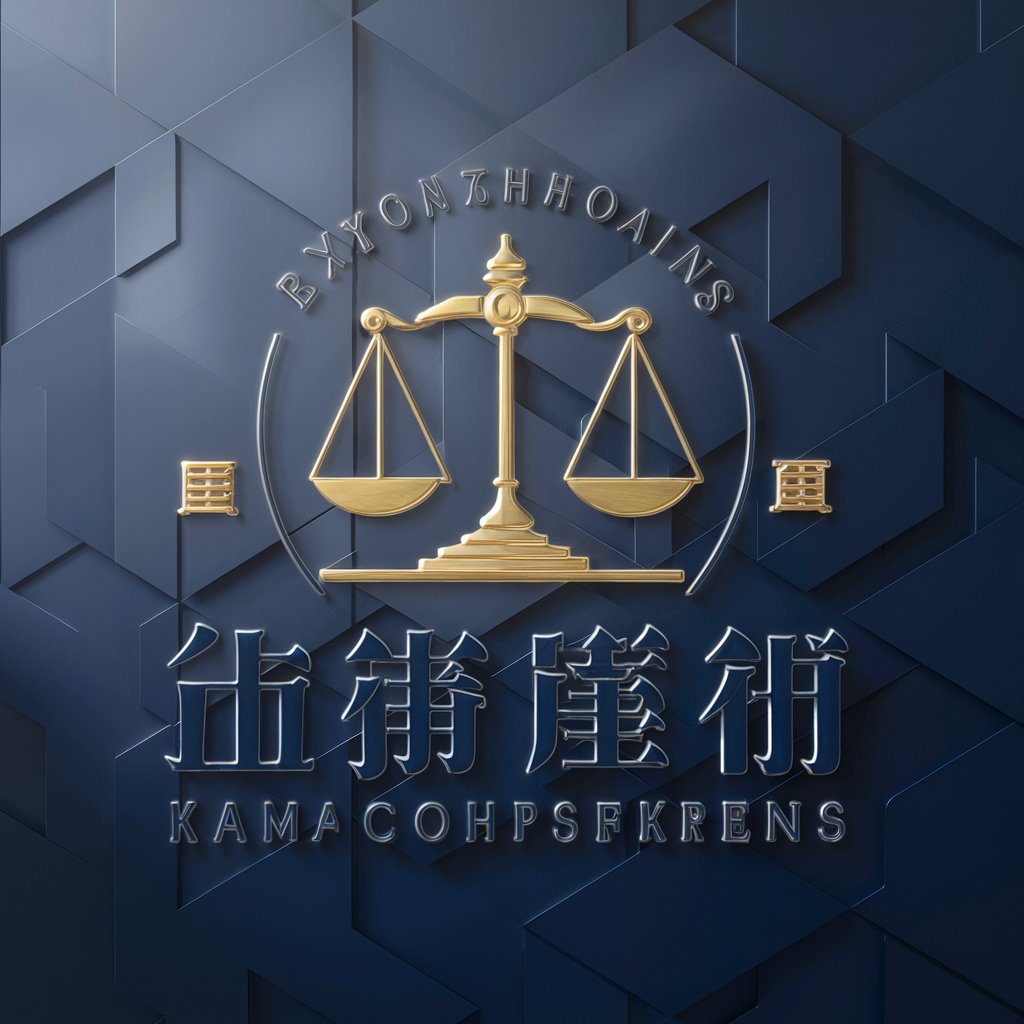
Desi Lawyer
Empowering Legal Understanding with AI
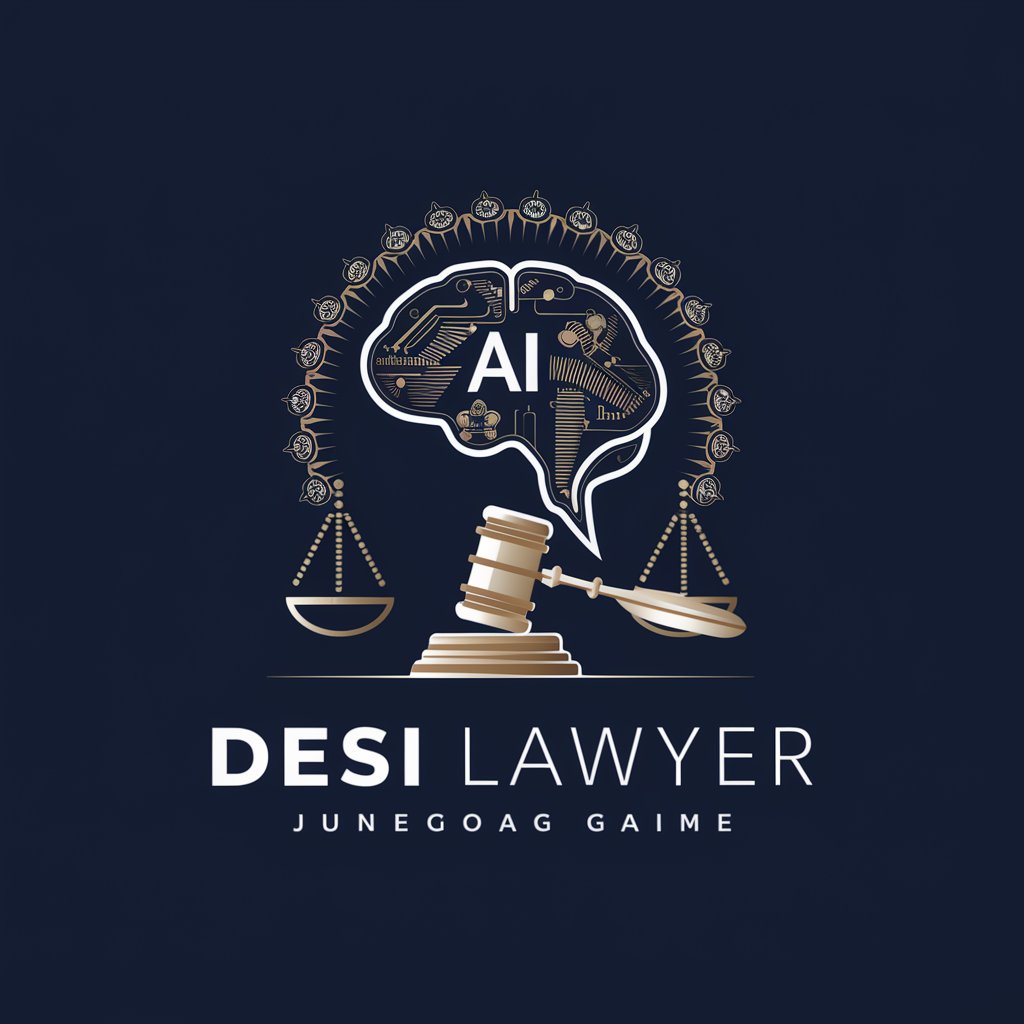
Legalia - Civil en lo General
AI-powered Mexican legal guide
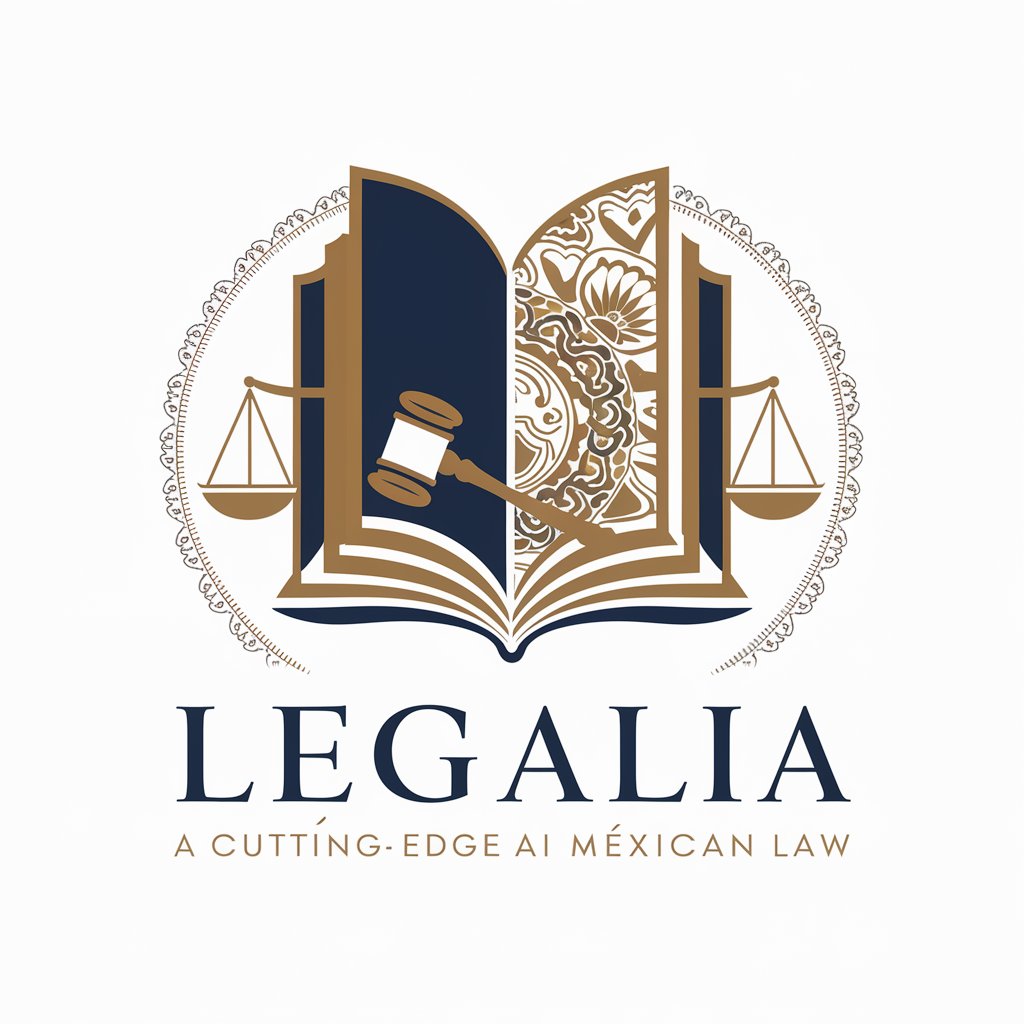
ZeCivil Delivery
Your AI-powered Civil Law Assistant
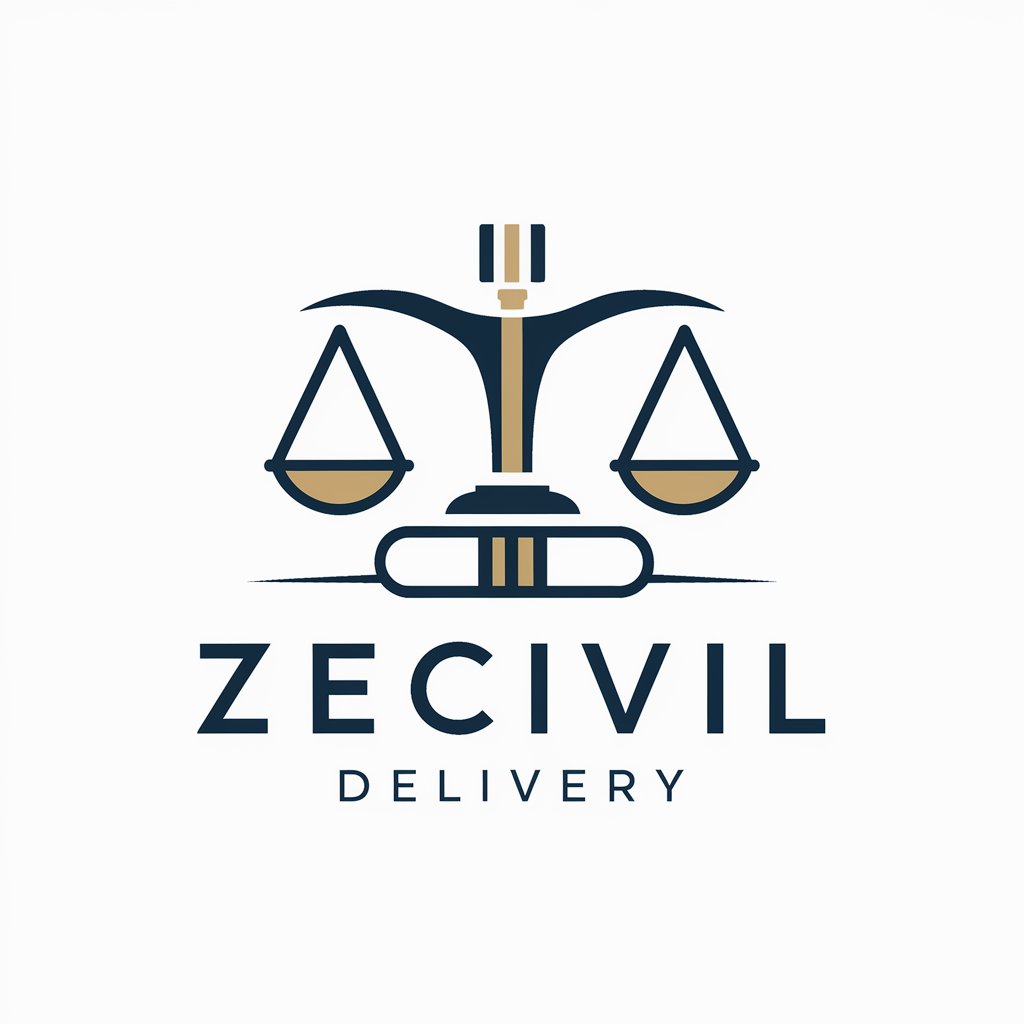
T.C. Anayasa ve Mevzuatlar
Navigate Turkish legal waters with AI-powered clarity.
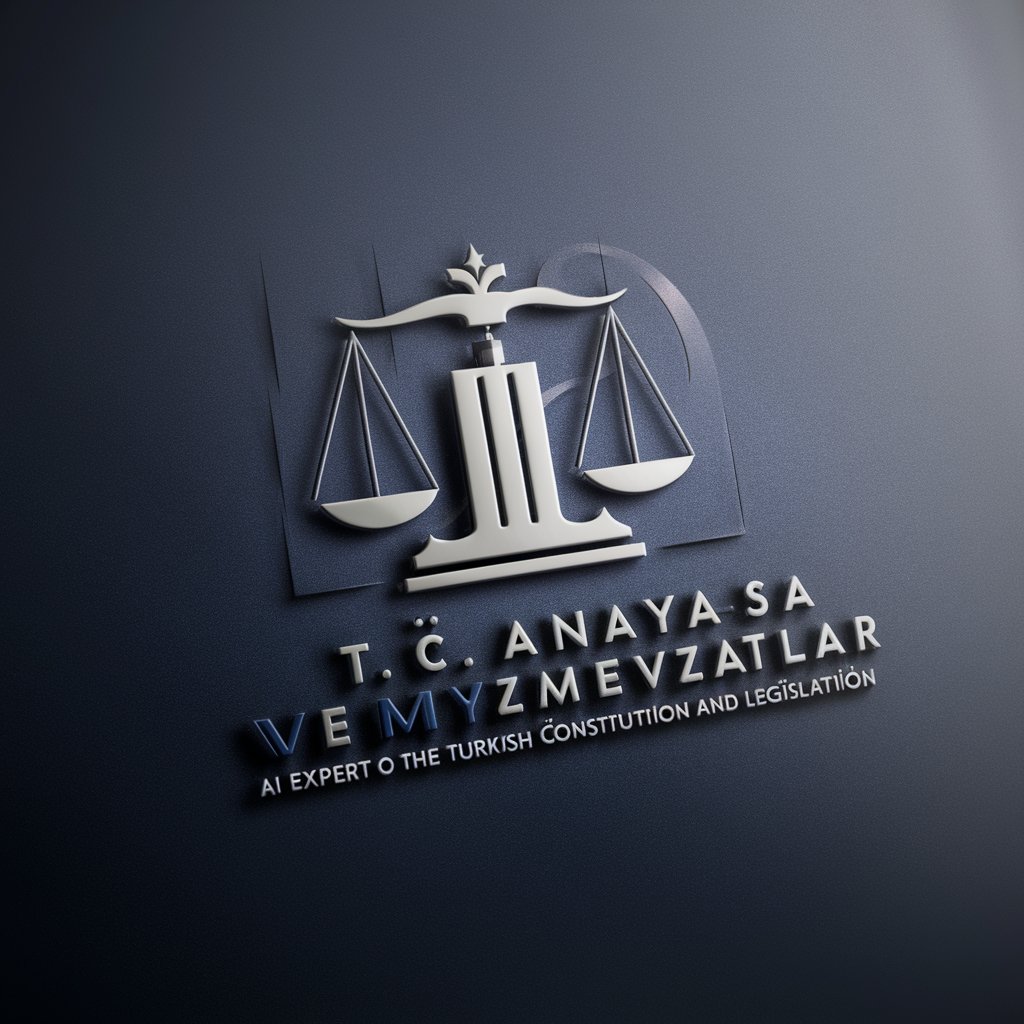
Key Advantages of AI GPTs in Legal Practice
AI GPTs tools for Law Practice exhibit unique features such as advanced natural language processing capabilities, enabling them to comprehend and produce legal documents with high accuracy. They can be adapted for a range of functions from simple form filling to complex legal argumentation. Special features include adaptability to various legal jurisdictions, support for multiple languages, and the ability to integrate with legal databases and software for comprehensive legal research and analysis.
Who Benefits from Legal AI GPT Tools
These AI tools are designed for a wide audience within the legal sector, including law students, legal practitioners, paralegals, and legal tech developers. They offer user-friendly interfaces for those without programming skills, while also providing APIs and customization options for tech-savvy users looking to integrate AI into their legal workflows or develop specialized legal tech applications.
Try Our other AI GPTs tools for Free
Spell Creation
Discover the magic of AI GPTs for Spell Creation, your ultimate tool for generating and customizing spells for games, stories, and more. Unleash creativity with AI magic.
Medieval Warfare
Discover the cutting-edge AI GPT tools tailored for Medieval Warfare, offering insights into historical battles, strategies, and society with unparalleled accuracy and depth.
Financial Abundance
Discover how AI GPTs for Financial Abundance can transform your financial strategy with advanced analysis, personalized advice, and market insights.
Portrait Generation
Discover AI GPTs for Portrait Generation: revolutionary tools that transform the art of portrait creation with AI-driven adaptability, catering to artists and novices alike.
Text Enhancement
Discover how AI GPTs revolutionize Text Enhancement, offering tailored, advanced solutions for improving content quality and effectiveness.
Symptom Guide
Discover AI GPTs for Symptom Guide: cutting-edge tools designed to interpret health symptoms and provide tailored advice, making medical information more accessible and personalized.
Expanding Horizons with AI in Law
AI GPTs as customized solutions in the legal sector underscore the transformative potential of AI in law practice. With user-friendly interfaces and integration capabilities, these tools not only streamline legal processes but also open new avenues for legal research, innovation, and client service. They exemplify how technology can complement human expertise to advance the legal profession.
Frequently Asked Questions
What exactly are AI GPTs for Law Practice?
AI GPTs for Law Practice are specialized AI tools that utilize generative pre-trained transformers to automate and enhance legal tasks, including document drafting, legal research, and case analysis.
How do AI GPTs enhance legal research?
They streamline legal research by quickly processing and summarizing relevant laws, cases, and legal texts, providing accurate references and insights faster than traditional research methods.
Can AI GPTs generate legal documents?
Yes, they can draft various legal documents, such as contracts, pleadings, and letters, by following specific legal formats and guidelines.
Are AI GPTs tools reliable for legal advice?
While AI GPTs can provide preliminary legal information, their advice should not replace consultation with a licensed legal professional. They serve as support tools to enhance efficiency and accuracy.
How customizable are AI GPTs for specific legal needs?
They offer high levels of customization, allowing users to tailor the AI's output to specific legal areas, jurisdictions, and document types through training and configuration.
Do AI GPTs require programming knowledge to use?
No, many AI GPTs for Law Practice are designed with user-friendly interfaces for non-technical users, though programming knowledge can enhance customization and integration capabilities.
How can AI GPTs be integrated into existing legal workflows?
They can be integrated through APIs, plugins, or as standalone tools that complement traditional legal software, streamlining tasks like document management, case analysis, and client communication.
What are the ethical considerations of using AI GPTs in law?
Users must consider issues of confidentiality, data security, and the accuracy of AI-generated advice, ensuring compliance with legal and ethical standards.